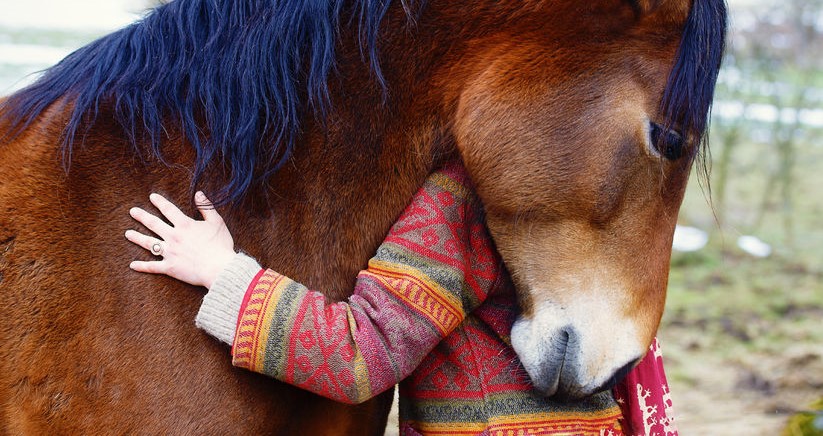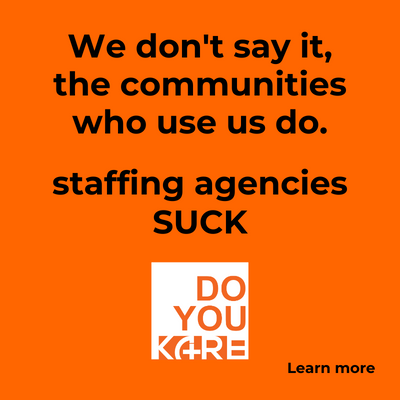The University of California, Davis’ School of Medicine and School of Veterinary Medicine has accepted the latest research proposal from Nancy Schier Anzelmo and Paula Hertel, senior living dementia care experts and founders of the Connected Horse.
By Pam McDonald
Senior living dementia care experts Nancy Schier Anzelmo and Paula Hertel created an innovative research approach to explore how guided work with horses might improve the quality of life for those affected by dementia, especially those with an earlier onset diagnoses. They founded the Connected Horse, a nonprofit organization, to continue this effort.
Initial results from their pilot study conducted with the Stanford School of Medicine and its Red Barn Leadership program were very promising — virtually all participants scored significantly higher for social support, better sleep quality, and decreased anxiety and depression. But the impact on participants went much deeper. To illustrate Paula and Nancy shared Maria’s story:
Maria, a quiet woman, who for years advocated for the underserved until the effects of her dementia forced her retirement, walks slowly into the barn with her care partner.
The large bay horse named Axle pops his head over the stall door to greet the strangers. As Maria approaches this horse, at least 10 times her weight, he looks at her and she looks at him.
The workshop facilitator, who knows the power of the human-horse connection, brings them closer together. In only a few steps they are face to face. Axle unhurriedly leans sideways to rest his head on Maria’s shoulder and breathes.
The barn is silent. Maria is motionless. Then she smiles and for that moment it is okay that she can no longer speak. Pure joy fills the barn.
Beginning this month, Connected Horse will be gathering valuable comparison data to its Stanford study as the University of California, Davis’ research gets underway. Nancy and Paula are recruiting participants to continue testing their hypothesis that facilitated activities with horses focusing on verbal and nonverbal communication, self-awareness, self-regulation, and mindfulness might enhance those skills for individuals with dementia and their care partners.
Dementia has become more prevalent today – projected to adversely impact one in four individuals and their families as Baby Boomers age – but there is a lack of non-pharmaceutical interventions for enhancing the quality of life of those with dementia. Paula and Nancy are interested in developing additional approaches that are sensitive to the psychosocial needs of both the diagnosed individuals and their care partners/caregivers.
The two women were invited to present their findings at the Stanford School of Medicine symposium in January and the Alzheimer’s Association’s International Conference in Toronto in July. They will also be presenters at the Gerontological Society of America (GSA) conference coming up next month.
In addition to research, Connected Horse is developing a how-to guide and searching for other equestrian sites and partners to implement their program. They also continue seeking funding through the Connected Horse Campaign.
Learn more about the Connected Horse by clicking on the links below:
https://www.seniorhousingforum.net/blog/2015/10/19/horses-and-dementia-are-they-nuts








